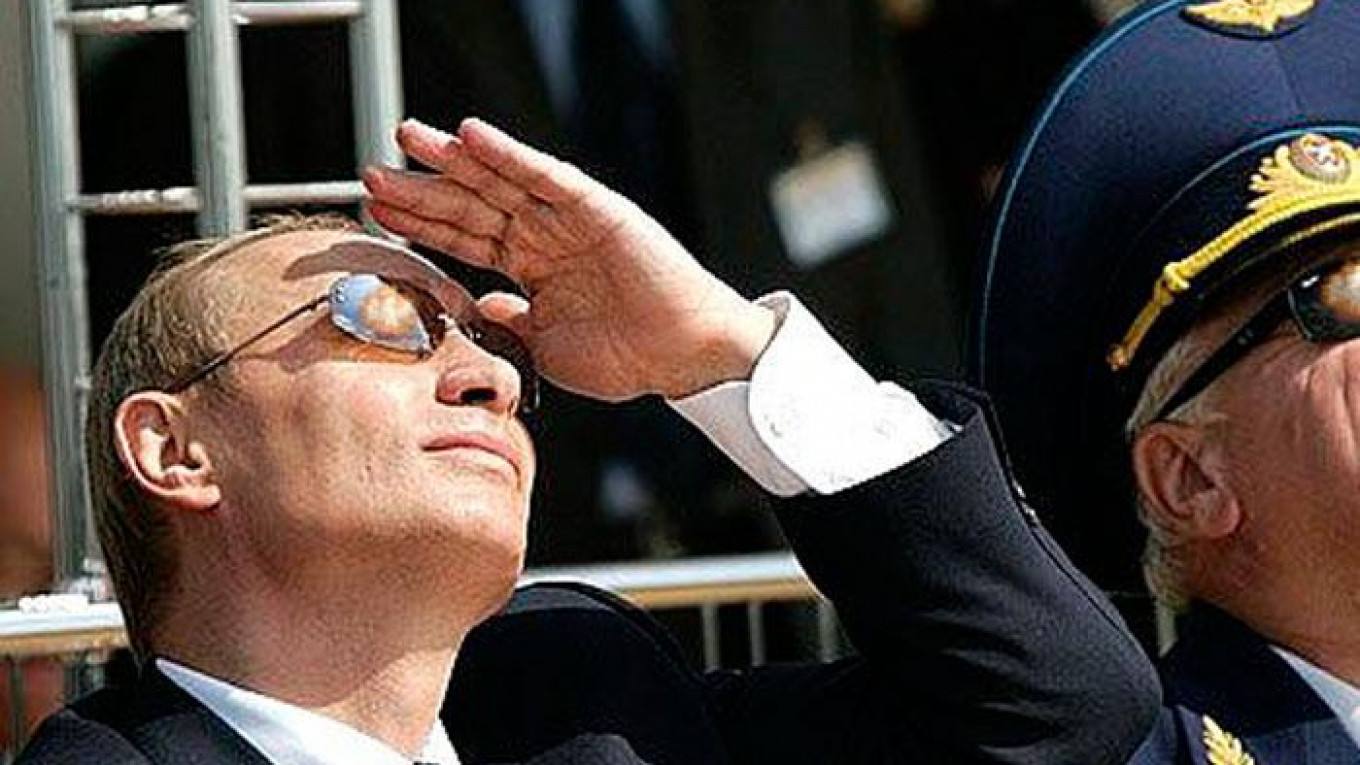A Russian MiG-29K fighter jet crashed in the Mediterranean Sea on Monday, Nov. 14, after taking off from the Admiral Kuznetsov aircraft carrier, the Defense Ministry told the Interfax news agency.
Officials say the pilot successfully ejected from the aircraft, which began experiencing sudden equipment failure a few kilometers from the Admiral Kuznetsov, while making its landing approach.
Moscow insists that its naval forces in the area are still operating according to plans, despite the accident on Monday, and the Admiral Kuznetsov continues to launch aircraft.
The U.S. media was the first to report Russia’s loss of a MiG aircraft in the Mediterranean Sea.
Last month, Moscow sent a flotilla to join Russia’s armed forces in Syria, hoping to reinforce bombings against rebel targets in the Aleppo area. Though it constitutes the Russian Navy’s largest deployment since the end of the Cold War, the “publicity stunt,” as some have called it, has repeatedly backfired in the foreign media.
The Kuznetsov's dramatic, billowing smoke – hardly the image of a modern aircraft carrier – has been mocked widely, and today’s loss of a fighter jet will no doubt compound in the minds of many the image of a bumbling, dilapidated Russian military.
“But the lashing Kuznetsov has received in the international press misses the point,” Matthew Bodner argued in a recent article for The Moscow Times. “The ship is traveling with some of Russia's heaviest hitting warships. Their arrival off the coast of Syria will represent a major upgrade to the Kremlin's available firepower in the region.”
For the rest of Bodner’s analysis, read: Putin’s Great White Fleet: Behind Moscow's Military Messaging Failure, A Threat of Serious Force
A Message from The Moscow Times:
Dear readers,
We are facing unprecedented challenges. Russia's Prosecutor General's Office has designated The Moscow Times as an "undesirable" organization, criminalizing our work and putting our staff at risk of prosecution. This follows our earlier unjust labeling as a "foreign agent."
These actions are direct attempts to silence independent journalism in Russia. The authorities claim our work "discredits the decisions of the Russian leadership." We see things differently: we strive to provide accurate, unbiased reporting on Russia.
We, the journalists of The Moscow Times, refuse to be silenced. But to continue our work, we need your help.
Your support, no matter how small, makes a world of difference. If you can, please support us monthly starting from just $2. It's quick to set up, and every contribution makes a significant impact.
By supporting The Moscow Times, you're defending open, independent journalism in the face of repression. Thank you for standing with us.
Remind me later.






